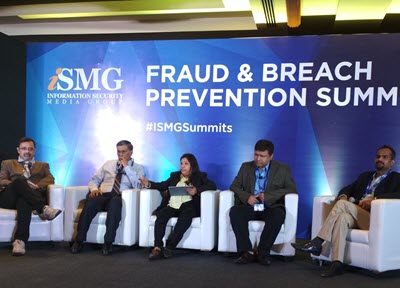The Mumbai High Court recently gave an order in which it has expressed its view that when a notice is served through WhatsApp and a “Blue tick” appears against the message in the sender’s phone, it can be accepted as a legally valid delivery for notices. (Refer report.)
Justice Patel delivering his views stated
“For the purposes of service of Notice under Order XXI Rule 22, I will accept this. I do so because the icon indicators clearly show that not only was the message and its attachment delivered to the Respondent’s number but that both were opened,”
This is not the first time that WhatsApp has been used to deliver a Court notice. This was first used in India in the Haryana Tribunal of Ashok Khemka (See details : Notice through WhatsApp… Mr Khemka’s order)
The Mumbai High Court has used its authority to define a Court procedure and perhaps the litigant is happy. Many other professionals have also welcomed the move and held it as “Progressive”.
I am not fully aware of the compulsions felt by the Court in this order but would like to point out a word of caution and call this as a decision that the Court may regret at some point of time in future.
It must be remembered that ITA 2000/8 defines the legal aspects of “Sending”, “Receiving”, “Acknowledging” of electronic messages along with the “Evidentiary Requirements under Section 65B of Indian Evidence Act applicable to electronic documents.
The ruling of the Mumbai High Court appears to have ignored the provisions of ITA 2000/8 and the advocates of petitioner have conveniently not brought the legal provisions to the attention of the Court. Since the defendant was anyway not represented, the Court went ahead with its ruling without any objection having been raised.
The “WhatsApp” message sent as visible on the sender’s mobile is an electronic document which is recognized under ITA 2000/8. However, it is an electronic document and is available as admissible evidence only if it is certified under Section 65B of IEA. The Court was therefore wrong in enclosing an uncertified print out to its order which it says as a means of “Abundant caution”. It is not clear who took the print out and whether the Judge himself is certifying that it is a valid Computer Output under Section 65B of IEA and becomes a witness.
Secondly, according to Sections 11,12 and 13 of ITA 2000/8, the message (if certified under Section 65B of IEA) may be considered as a message sent from the given mobile which belonged to an authorized officer of the claimant as indicated in the order. This was perhaps sent on 6/6/2018 or later, more probably on 8/6/2018 at around 5.31 PM. There is a blue double tick to indicate that it could have perhaps been received by the recipient at 5.34 PM.
However, Sections 11,12 and 13 of ITA 2000/8 do not support considering that the message along with the notice (in PDF attachment without hash value) has been received by the respondent whose physical address is available as Flat No 104… etc.
It is not known if a Registered Acknowledgement Due notice had also been sent through Indian Postal Authorities or it has been excused.
Hence the Court has gone under the presumption that the mobile number indicated by the petitioner is in fact the mobile number of the person named in the notice and that the double blue tick indicates that it has been “Delivered” to the recipient. The conclusion that it has been delivered is based on what the claimant must have told the Court and not on the basis of any other evidence submitted.
Since the message itself is not Section 65B certified, it is quite possible to argue that it is not admissible under Section 65B of IEA though it can still be rectified with a certificate now. But if the message has been deleted in the meantime, then the evidence may not be available for rectification and re-production
Now that a Court has given some kind of a legitimacy to WhatsApp, as a “Courier” and an undigitally signed double tick mark on an automated message as the “Signed Confirmation of the courier”, it appears that a claim will be made on other cases also by advocates or senders of message that he has sent a message and even without the acknowledgement from the recipient, it should be deemed to have been seen because of some extraneous reasons. This could create some issues in future and the Court may have to admit that it was over eager to be seen as techno savvy in producing this order.
We need to wait and see if this presumption would lead to misuse of the trust placed by the Court on the WhatsApp system.
Naavi









